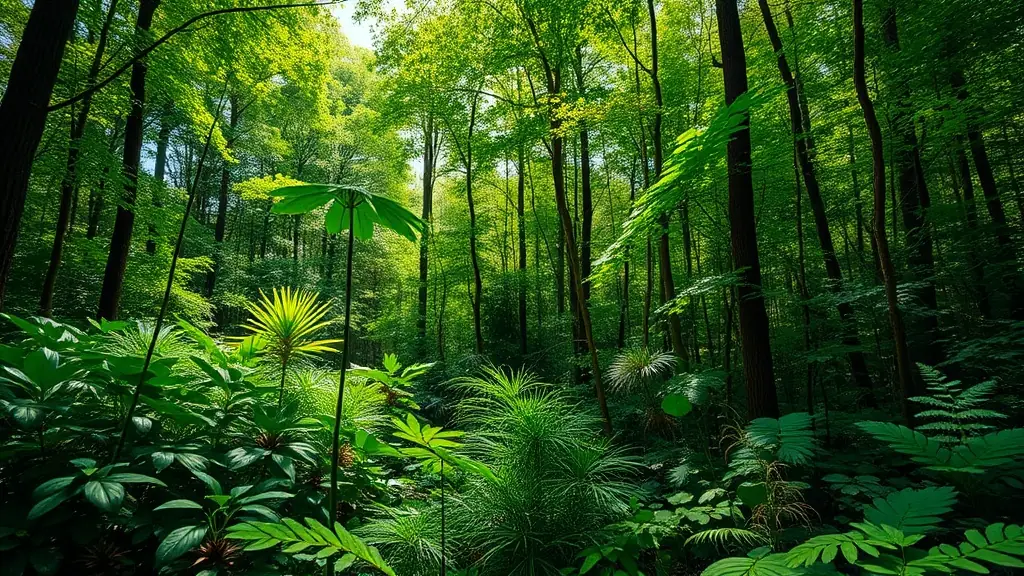Biodiversity refers to the variety of life on Earth, encompassing different species, genetic variations, and ecosystems. It plays a vital role in ensuring the resilience of our environment, allowing ecosystems to adapt to changes and recover from disturbances. The loss of biodiversity can lead to ecosystem collapse, affecting food security, health, and climate stability. Therefore, protecting biodiversity is not just an environmental issue; it is a fundamental aspect of human survival and well-being.
In recent years, human activities such as deforestation, pollution, and climate change have significantly threatened biodiversity. These actions disrupt habitats and lead to the extinction of numerous species, which in turn affects the services that ecosystems provide, such as clean air, water, and fertile soil. Conservation efforts are essential to mitigate these impacts and restore the balance of nature. By promoting sustainable practices and protecting natural habitats, we can help preserve the rich tapestry of life on our planet.
As individuals, we can contribute to biodiversity conservation by making informed choices in our daily lives. Supporting local and sustainable products, reducing waste, and advocating for policies that protect natural habitats are all steps we can take. Additionally, educating ourselves and others about the importance of biodiversity can foster a collective effort towards a healthier planet. Together, we can ensure that future generations inherit a world rich in diversity and life.

